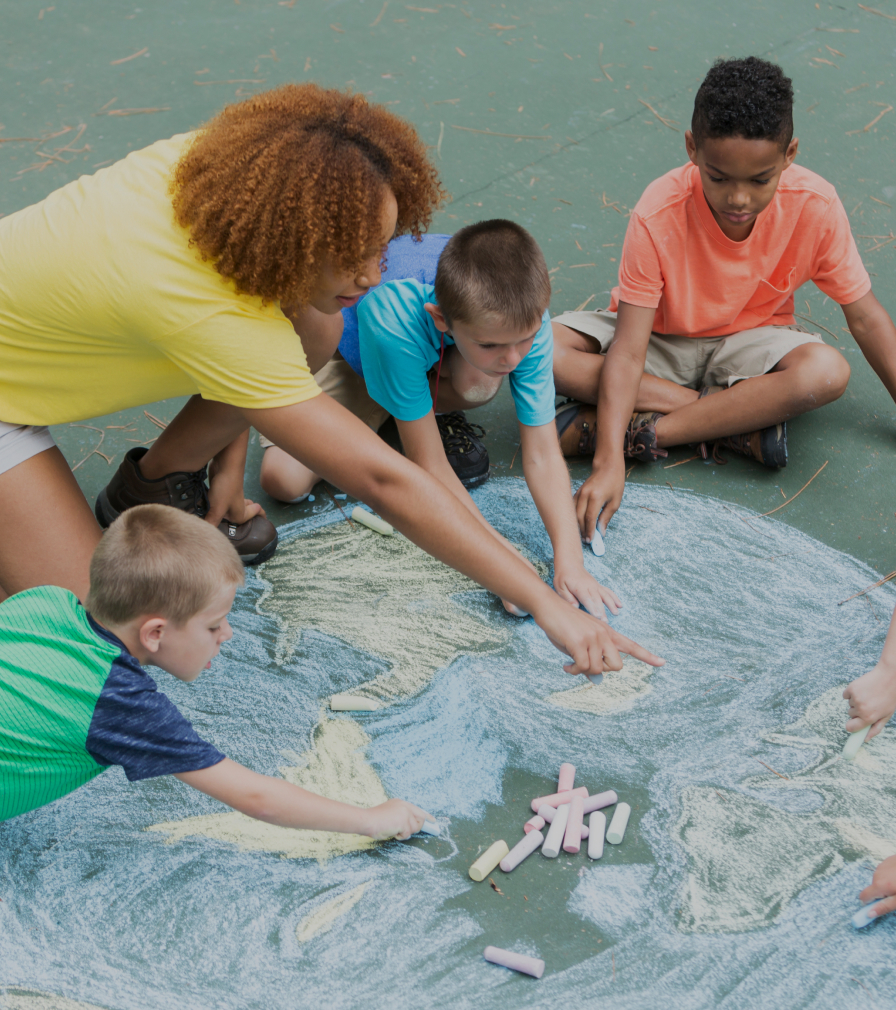
Se connecter
- Accédez directement aux informations qui vous intéressent grâce à un contenu personnalisé.
- Publiez et gérez vos petites annonces pour rechercher une correspondante ou un correspondant, une organisation ou un établissement scolaire partenaire, un emploi, un stage, des collaboratrices et collaborateurs ou un logement dans le cadre de votre séjour d’échange.
- Gardez un œil sur vos contenus préférés depuis votre liste de favoris.